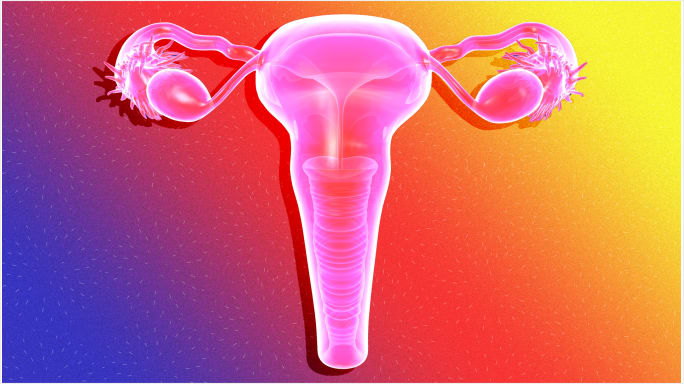Seasonal Affective Disorder can be making this a not so wonderful time of the year
Symptoms of Seasonal Affective Disorder, or SAD, are as numerous as they are unpleasant. A form of depression that, according to the National Institute of Mental Health, “comes and goes with the seasons,” it is estimated to affect nearly 10 percent of the population. In the United States, it is primarily a winter phenomenon, though people can get it in the summer as well. Having little or no energy, sleeping too much, gaining weight, social withdrawal, and suicidal thoughts are some of the symptoms commonly associated with SAD. Having a lower libido is another symptom. Fortunately, there are things you do try and combat it.
Talk to Your Doctor
If you suspect you have Seasonal Affective Disorder, the first thing you should do is schedule and appointment with your doctor. It is impossible to create a plan of action without knowing what you’re up against, and your doctor is going to the most resources for you, including treatments. They might prescribe an antidepressant like a Selective Serotonin Reuptake Inhibitor, or SSRI, to increase serotonin levels in your brain, a Vitamin D supplement to get you through the winter, or even light therapy. The best way to increase your sex drive is to combat the thing causing the decrease. Medication doesn’t magically increase everyone’s sex drive, but it could help other symptoms long-term, such as listlessness, which could in turn help improve your libido.
Talk to a Therapist
SAD is a form of depression and one of the best ways to deal with depression is to talk to a professional. Cognitive Behavioral Therapy, or CBT, is a form of therapy that is solution-based and focuses on challenging “distorted cognitions” and changing “destructive patterns of behavior.” Therapists have taken traditional CBT and adapted it for people with Seasonal Affective Disorder, helping them cope with winter. This adaption of Cognitive Behavioral Therapy is used to uncover the things someone finds “engaging and pleasurable” to get them through the season. This can include sex. A therapist will be able to discuss with you various things you can try to overcome a lowered libido.
Do Your Research
Having as much knowledge about SAD as you can is always better than staying in the dark about your condition. Yes, it is important to know all the technical details about Seasonal Affective Disorder, such as what causes it and the treatments for it, but it is also important to know the impact it has specifically on you. No one’s symptoms manifest the same way even if they have the same exact condition, take the same medications, and see the same doctors. Does eating junk food in the winter make you feel sluggish and bloated? Do you feel better throughout the day if you wake up at six rather than 8? Do you have some sexual desire in the morning but none at night? Take notice of what makes you feel great and what makes you feel terrible. Write it down if you have to. Having a list of symptoms might even improve the treatments your doctor or therapist can suggest.
Focus on Yourself
If you’re having trouble experiencing desire for a partner in the middle of winter, it might be time to take a step back and focus on yourself. This can be taken a few different ways. Focus on your health, what you’re eating and how much exercise you’re getting, as they both can play a big part in how SAD will affect you. Make sure you get enough sleep, but not too much. Figure out a way to decrease stress in your life and choose activities that make you feel good about yourself. Finally, focus on your own body. Because your brain is different during the middle of SAD season, what feels good and pleasurable to you might be different too. Experiment a little with yourself while you masturbate, and rediscover what you enjoy. It isn’t selfish to focus on yourself.




comments